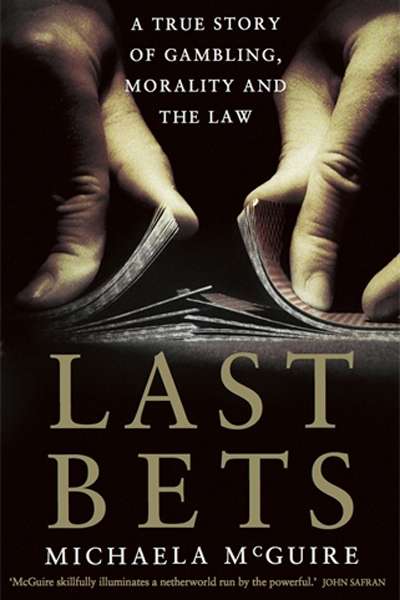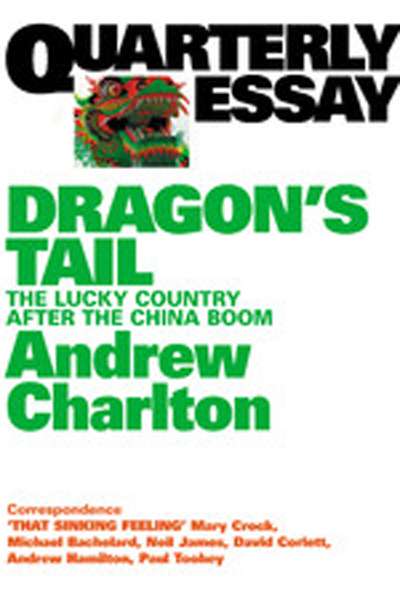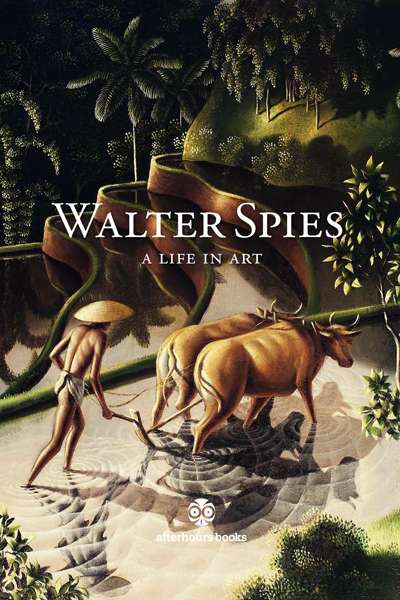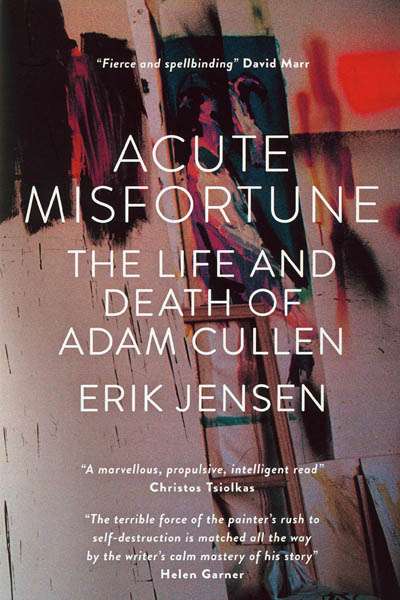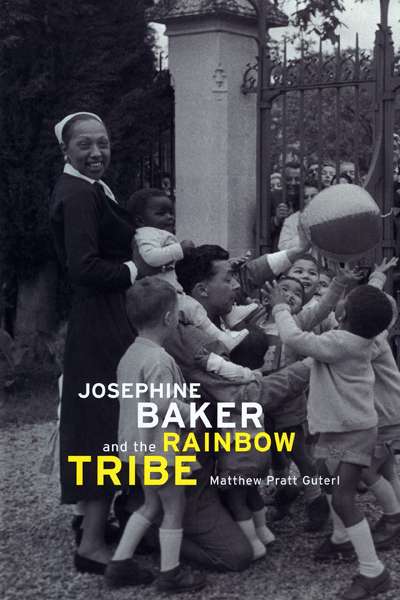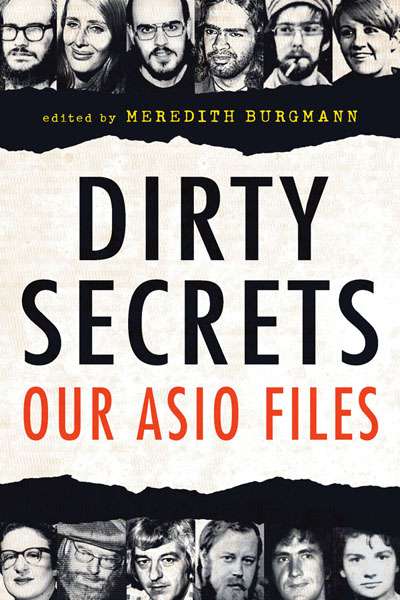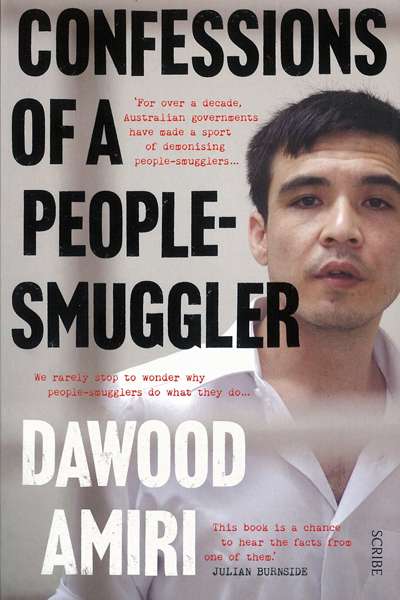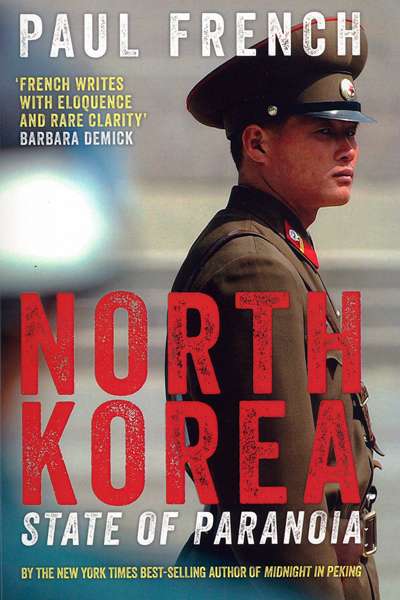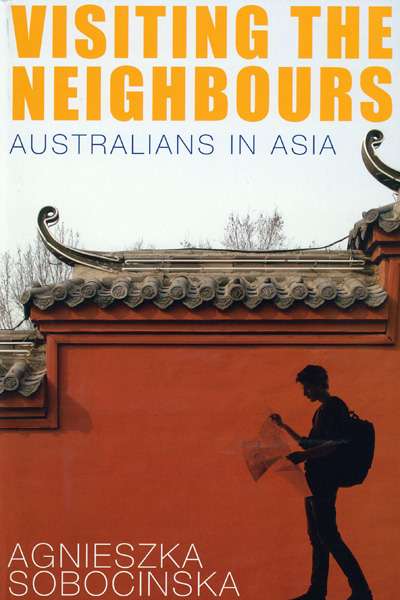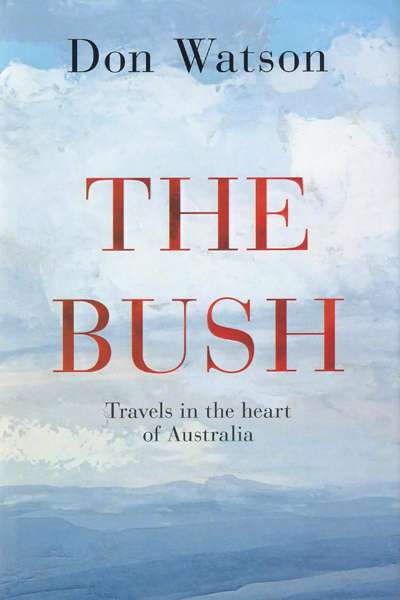Non Fiction
Last Bets: A true story of gambling, morality and the law by Michaela McGuire
Last Bets examines the case of Anthony Dunning, a forty-year-old man who died four days after being pinned to the floor face-down by bouncers at Melbourne’s Crown casino in July 2011. The incident was reported to police not by Crown but by Dunning’s friends two days later, while the man lay in intensive care. A spokesperson for the police said that Crown was not required by law to have reported the incident, though ‘they probably had a moral obligation’ to do so.
... (read more)Dragon’s Tail: The Lucky Country after the China boom (Quarterly Essay 54) by Andrew Charlton
I dealt with China for most of the ten years I worked for the British Foreign Office from 1998. The one conclusion I drew from my experience over those years was that it didn’t take much to stumble into complexity. Britain and China have a vast historic hinterland. In 1839, British forces inflicted the first Opium War on China, and British politicians enforced the unequal treaties which ushered in what some Chinese call to this day ‘the century of humiliation’. In the hundred years that followed, Britain continued meddling and became involved in issues from Tibet to Hong Kong, building up a fund of resentment on the Chinese side that continues to pay back returns to the current day.
... (read more)Walter Spies by John Stowell & Brown Boys and Rice Queens by Eng-Beng Lim
‘Spellbinding’ is an apt word to sum up the effects created by Russian-born German artist Walter Spies in his phantasmagoric, darkly glowing landscapes and figure paintings, particularly those that he fashioned when living in Java and Bali between 1923 and 1941. Tropical luxuriance has other superlative renderers in art – Gauguin, ‘Le Douanier’ Rousseau, Donald Friend – but none of their works has the eerie, mesmeric intensity of Spies’s. He deserves a full retrospective exhibition at that temple of early twentieth-century German art, the Neue Galerie, in New York (the last show of his work was in Holland back in 1980), but for the moment we can feast our eyes on the sumptuous illustrations in John Stowell’s biographical study of the artist – the first study in English of such substance, and a long-evolving project by an Australian scholar based at the University of Newcastle.
... (read more)Acute Misfortune: The life and death of Adam Cullen by Erik Jensen
Erik Jensen, a young journalist who now edits the Saturday Paper, has written an unusual memoir of his four years shadowing an artist – a difficult artist, it must be said (putting it euphemistically). Any new memoirist like Jensen will be interrogated umpteen times about his motivation. Such is the fascination with biography – fascination mixed with ambivalence – he will be asked about catharsis, whether the exercise was improving, enlightening, transmogrifying. In Tardises and tents the memoirist will become adept at distilling his intentions, whether they be financial or fraternal, vengeful or venerative. In Jensen’s case, this curiosity is likely to be magnified because of his intimacy with his subject and the marked decadence of the setting. This biographer’s rationale is as intriguing as that of his beleaguered subject.
... (read more)Josephine Baker and the Rainbow Tribe by Matthew Pratt Guterl
When Josephine Baker died in Paris in April 1975, it was almost fifty years since her sensational triumph in that city in 1925 as the star of La Revue Nègre. Her legendary status in France today remains linked to her emblematic role in the extraordinary unleashing of emotion and sensuality that came with the French Jazz Age and its upheaval of tradition. But her image also includes her work in the Resistance during the German Occupation, work which saved lives and assisted vital communication, earning her the Croix de Guerre, the Resistance Medal, and the Legion of Honour. Both culturally and politically she is perceived as a figure of liberation. Her experiment in adopting a large multiracial family – The ‘Rainbow Tribe’ – and raising the children in her Dordogne château, while generally shrugged off as a failed Utopian dream, and the cause of the financial ruin that necessitated her rescue by Princess Grace of Monaco, is also seen as evidence of a laudable anti-racist stance. And her humanitarian activism in the United States and South America are folded into the same positive picture of a woman who, having chosen France as her heartland, has been elected by the French as a national treasure.
... (read more)The German film The Lives of Others (2006) ends with a coda, set after the fall of the Berlin Wall, in which protagonist Georg Dreyman is finally allowed access to the volumes of secret files collected on him by the Stasi. Apart from the sheer number, what strikes Georg most is the utter banality of the information contained within. It is a familiar reaction among the contributors to Dirty Secrets, a collection of essays from prominent Australians on the receipt of their ASIO files.
Meredith Burgmann, who has edited these essays, is refreshingly honest as to her aims. ‘I wanted to look at the effect of spying on those who have been its targets,’ she says in her introduction. Delightedly she adds, ‘We are finally writing about them instead of them writing about us.’ The lingering outrage underpinning the book rarely subsides.
... (read more)Confessions of a People-Smuggler by Dawood Amiri & The Undesirables by Mark Isaacs
After an explosion that killed five asylum seekers and injured dozens more on a boat moored at Ashmore Reef in 2009, Prime Minister Kevin Rudd described people smugglers as ‘the absolute scum of the earth’ and ‘the vilest form of human life’. Further tragedies at sea during the ‘fifth wave’ of boat arrivals to Australia provoked similar outbursts from politicians across the political spectrum.
... (read more)North Korea always gets media attention for negative reasons: a border skirmish with its southern neighbour; a missile trial launch or nuclear test; vitriolic propaganda attacks on South Korea, Japan, or the United States; or the appalling findings of some human rights group like Michael Kirby’s recent UN Commission of Inquiry on North Korea’s human rights abuses. The picture that emerges is one of unrelenting misery within North Korea and unreasoned aggressiveness towards its enemies – a dangerous and unpredictable country which, if it cannot be reformed, is best either shunned or guarded against.
... (read more)Visiting the Neighbours: Australians in Asia by Agnieszka Sobocinska
It was timely that halfway through reading this book, I glanced up to see Clive Palmer on Q&A vowing to stand up to ‘the Chinese mongrels’. It was as if a columnist from the Bulletin circa 1895 had risen from the grave to thump a battered tub and warn us about the monster intent on destroying ‘our Australian way of life’. Images like these still lurk in the bedrock of White Australian consciousness, and Palmer’s outburst was a reminder of how readily they can be summoned.
... (read more)The Bush: Travels in the heart of Australia by Don Watson
Late in 1986, the Australian Bicentennial Authority took sixty celebrities off to Uluru to make the television advertisement containing the jingle ‘Celebration of a Nation’. Just as the shoot finished, a heavy storm broke, prompting the stars to run for cover. ‘Oh, darling,’ cried Jeanne Little, a popular television personality at the time. ‘The real Australia’s quite frightening, isn’t it?’
... (read more)

